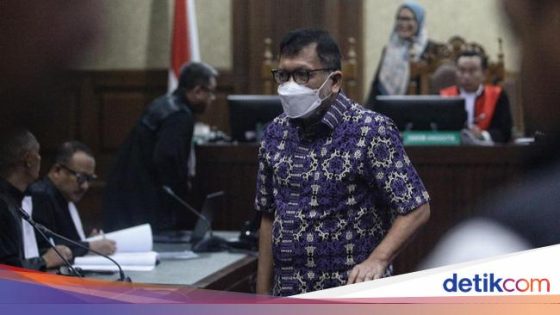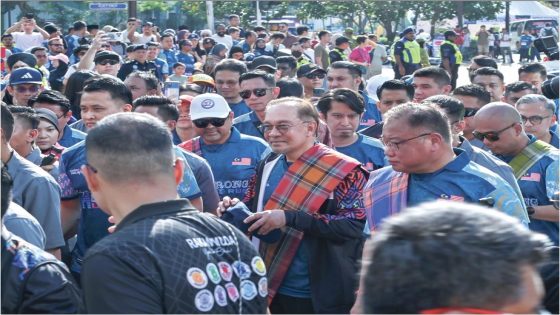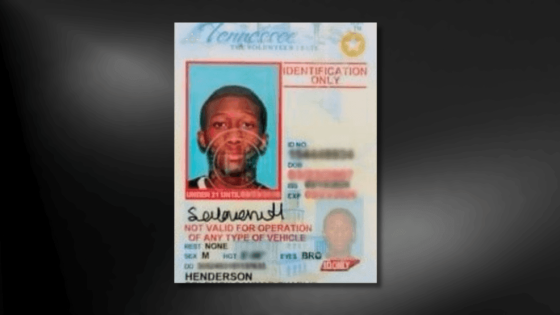On February 11, 2025, shocking revelations emerged about former Supreme Court official Zarof Ricar. He is accused of receiving a staggering Rp 915 billion and 51 kg of gold over a decade while acting as a case broker. How did this happen, and what does it mean for Indonesia‘s judicial integrity?
- Zarof Ricar accused of massive bribery.
- Received Rp 915 billion and 51 kg gold.
- Linked to Ronald Tannur's acquittal case.
- Assets inconsistent with official income.
- Co-defendants include Ronald's mother and lawyer.
- Legal actions under anti-corruption laws.
Corruption Scandal: Zarof Ricar’s Alleged Bribery and Wealth Accumulation
What drives someone to engage in such extensive corruption? Zarof Ricar’s case reveals a troubling pattern within Indonesia’s judicial system. He allegedly received enormous sums of money and gold while serving in various high-ranking positions in the Supreme Court. This scandal raises questions about accountability and the mechanisms in place to prevent corruption.
Details of Zarof Ricar’s Corruption Charges and Wealth Sources
The prosecution claims that Zarof’s wealth is inconsistent with his official income. Over ten years, he allegedly accepted bribes from parties involved in court cases. His assets, including cash and gold, were seized during a raid on his home. This situation raises critical concerns about the transparency of Indonesia’s legal system.
Key Allegations Against Zarof Ricar in the Corruption Case
Zarof Ricar’s case is filled with alarming details:
- He allegedly received Rp 915 billion and 51 kg of gold as bribes.
- His wealth was not reported to the Anti-Corruption Commission within the required timeframe.
- He is linked to a bribery scheme involving a high-profile acquittal case.
- His actions have raised serious questions about judicial integrity in Indonesia.
Implications for Indonesia’s Legal System and Public Trust
The fallout from this case could have lasting effects on Indonesia’s judicial system. Public trust in the legal framework is essential for a functioning democracy. If officials like Zarof Ricar can exploit their positions without consequence, it undermines the rule of law. How can Indonesia restore faith in its judiciary?
What’s Next for Zarof Ricar and the Indonesian Judiciary?
As the case unfolds, many are watching closely. Will Zarof Ricar face justice, or will this be another example of corruption going unpunished? The outcome could set a precedent for how corruption is handled in Indonesia’s legal system.
In conclusion, Zarof Ricar’s case serves as a stark reminder of the vulnerabilities within Indonesia’s judiciary. It calls for urgent reforms to ensure accountability and restore public confidence in the legal system.
































